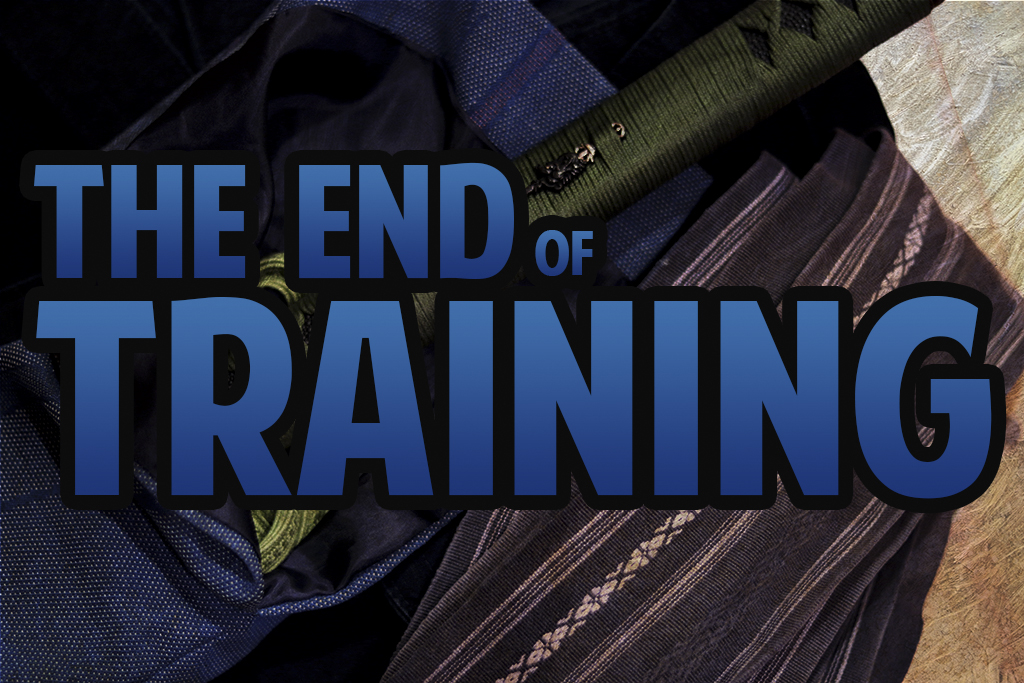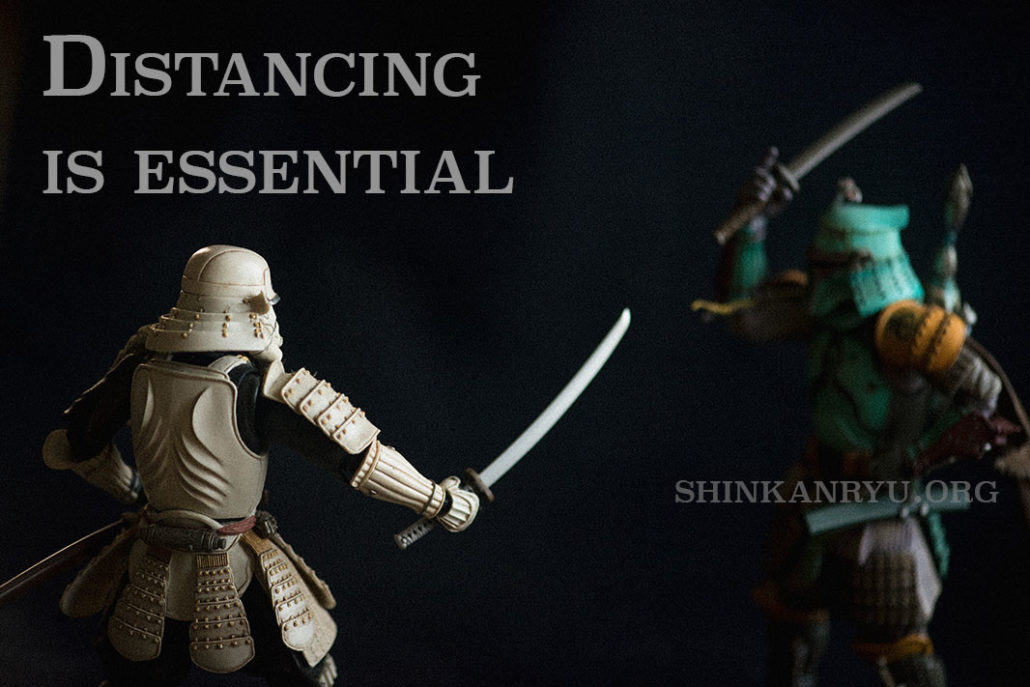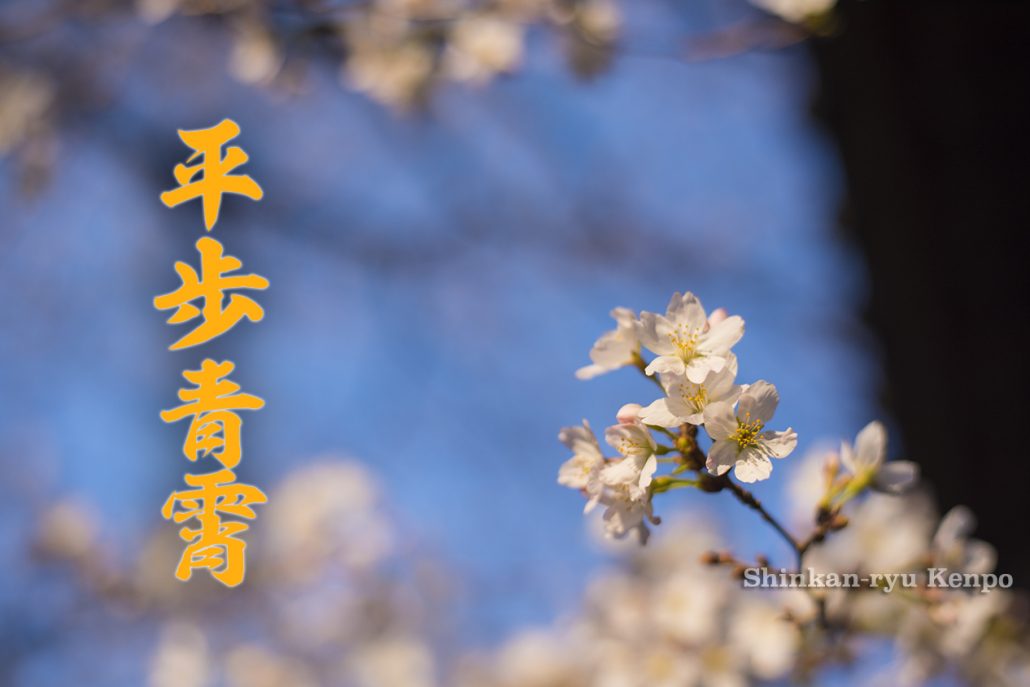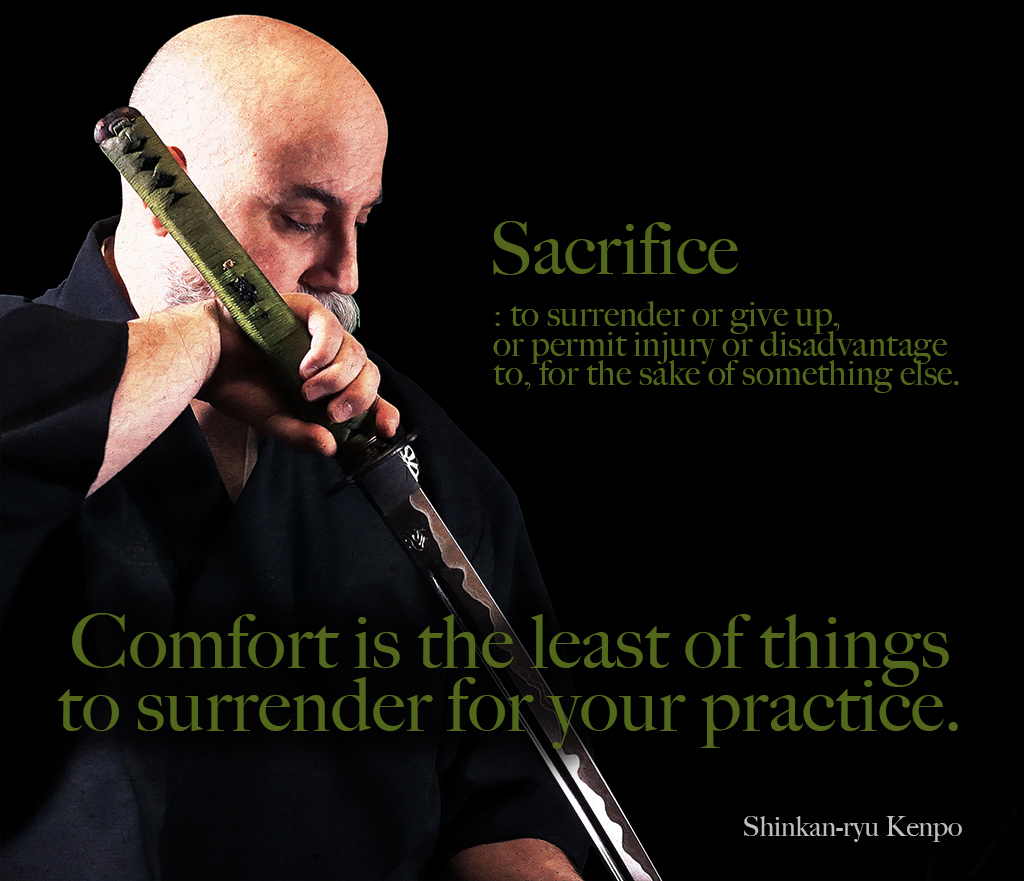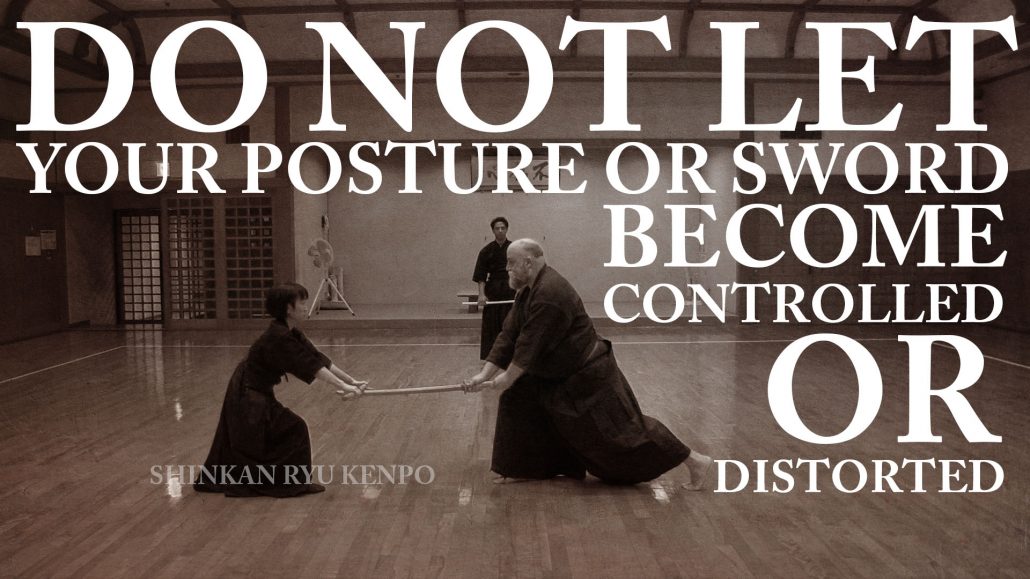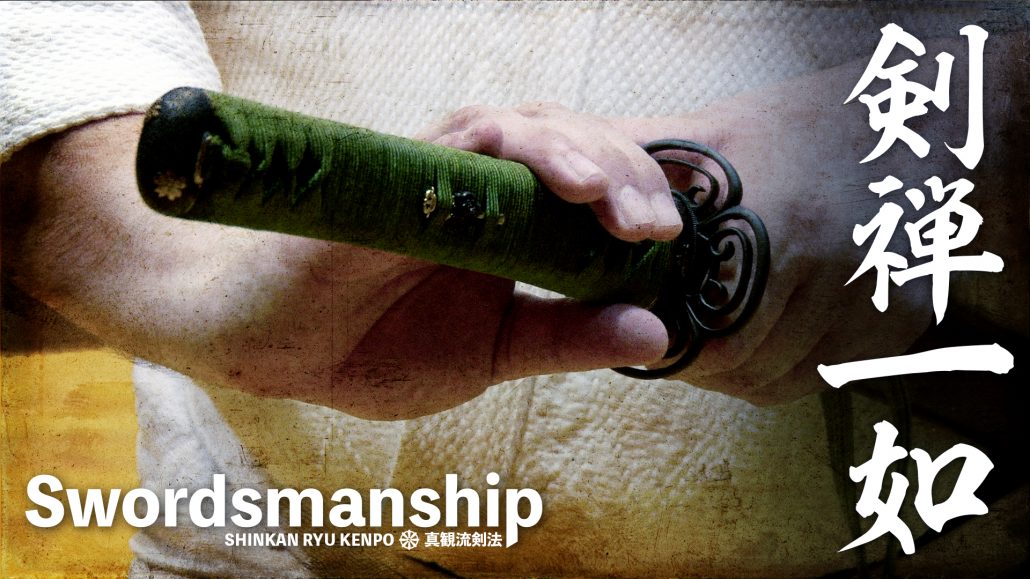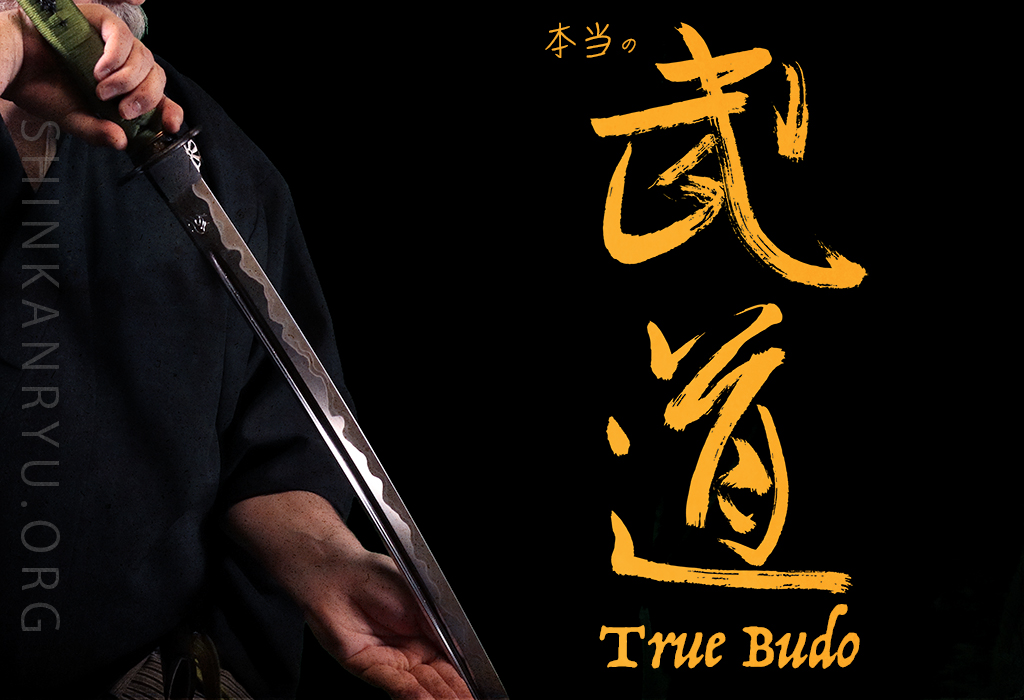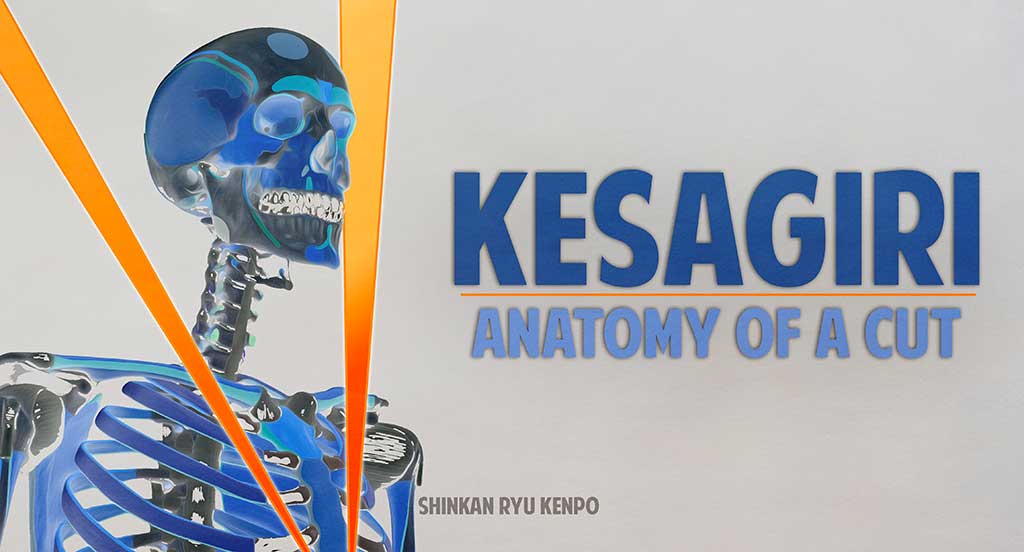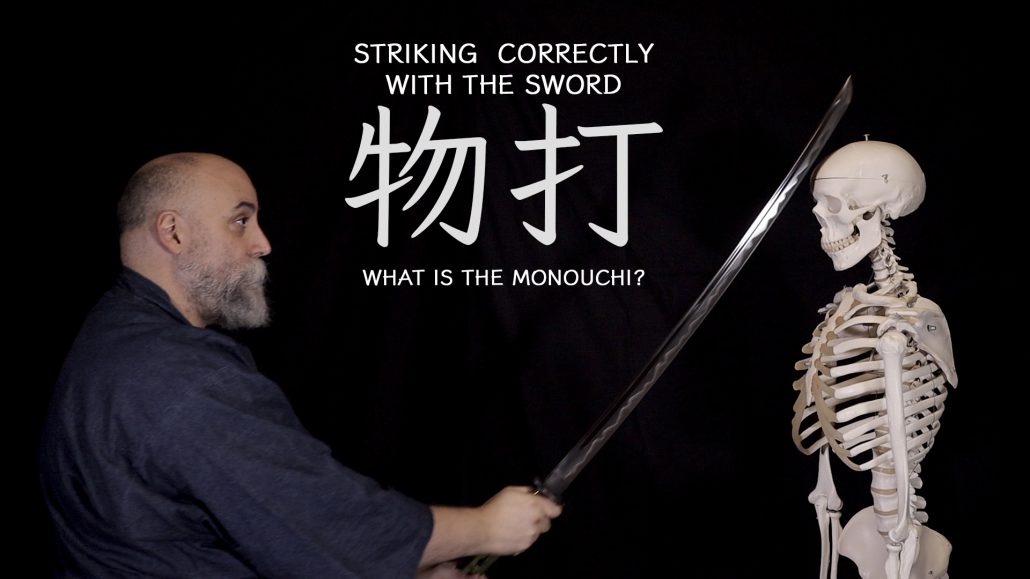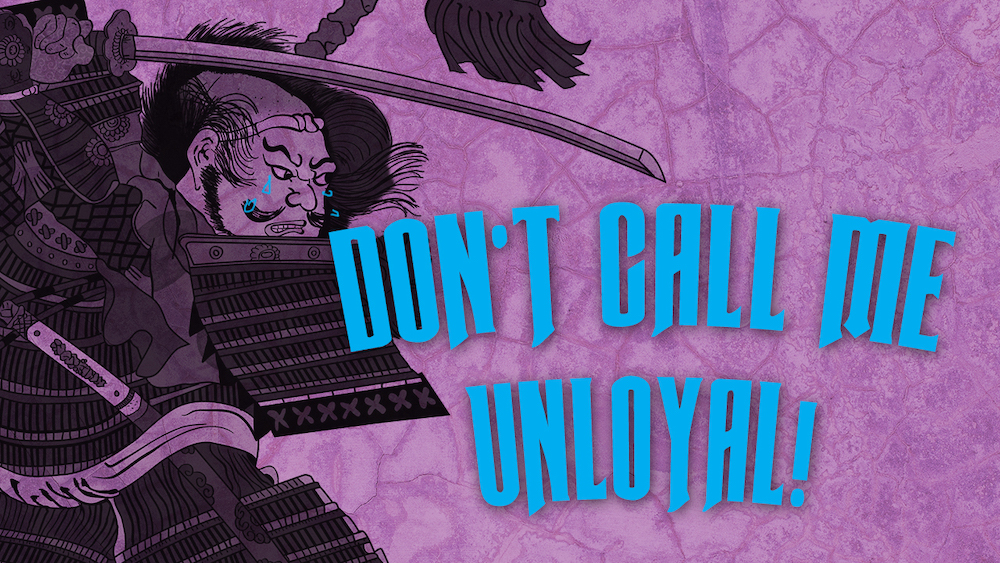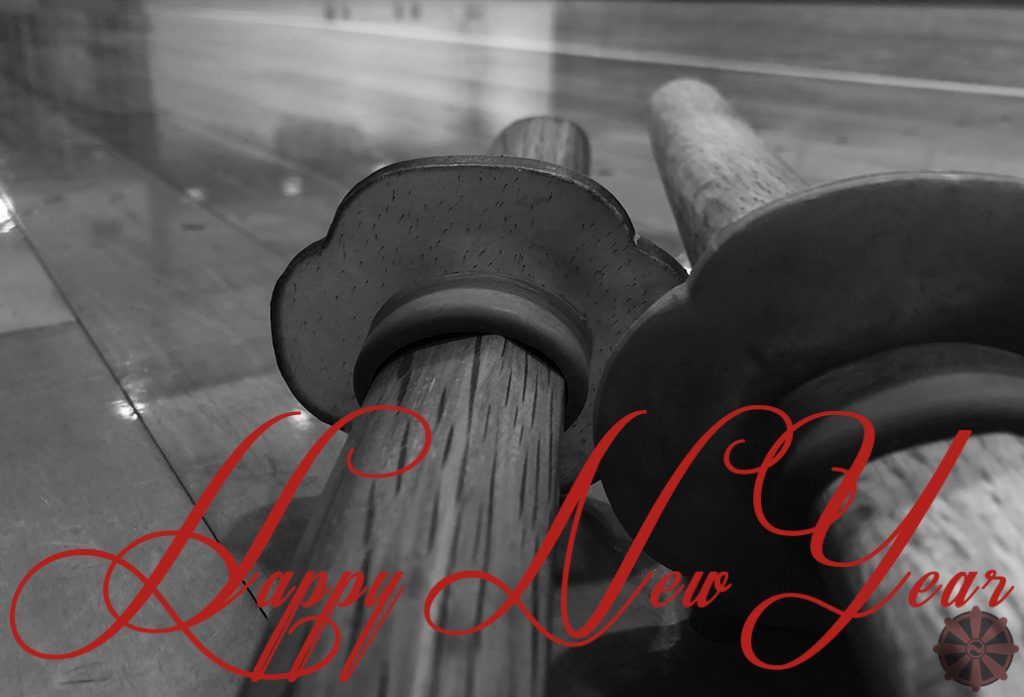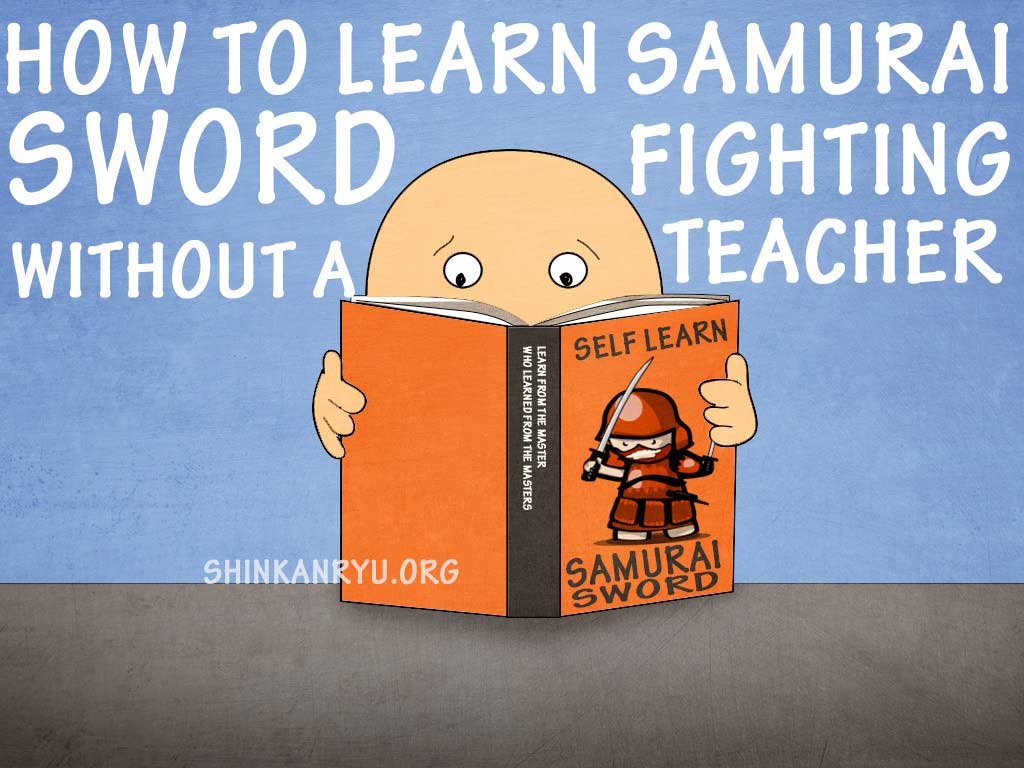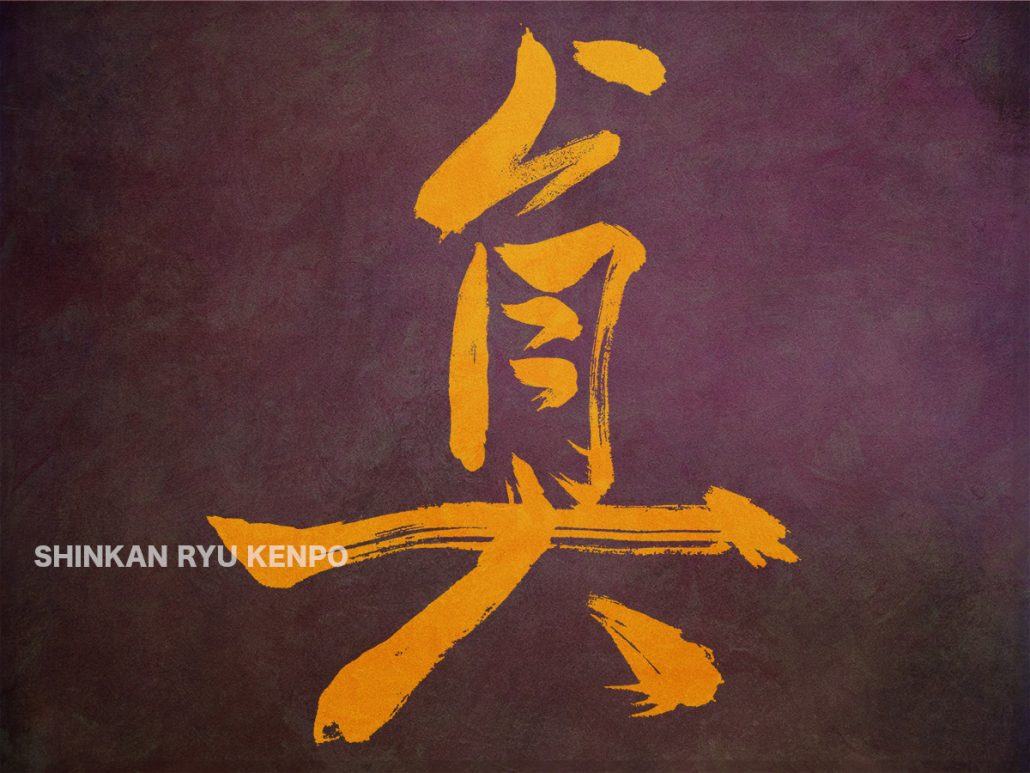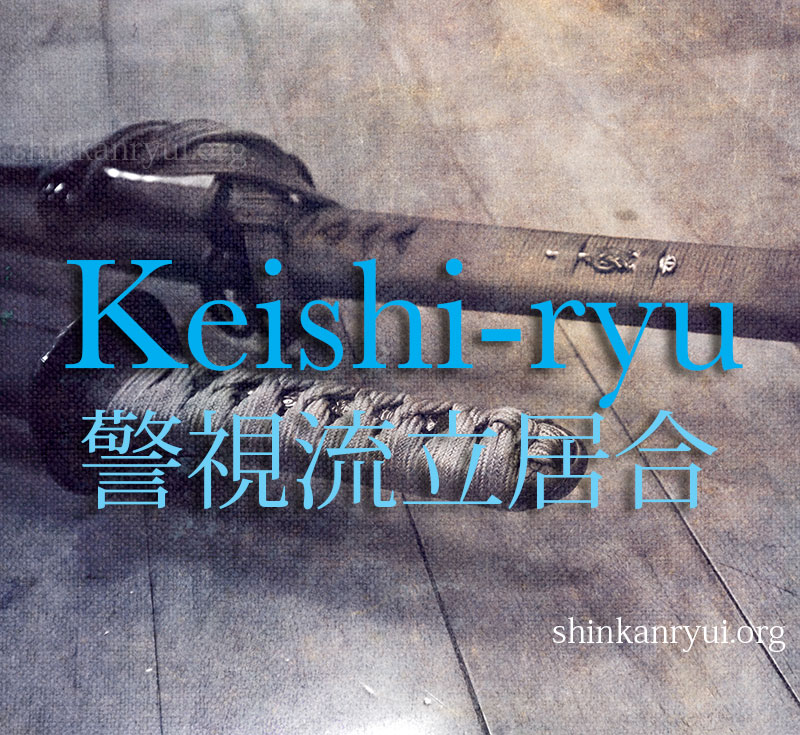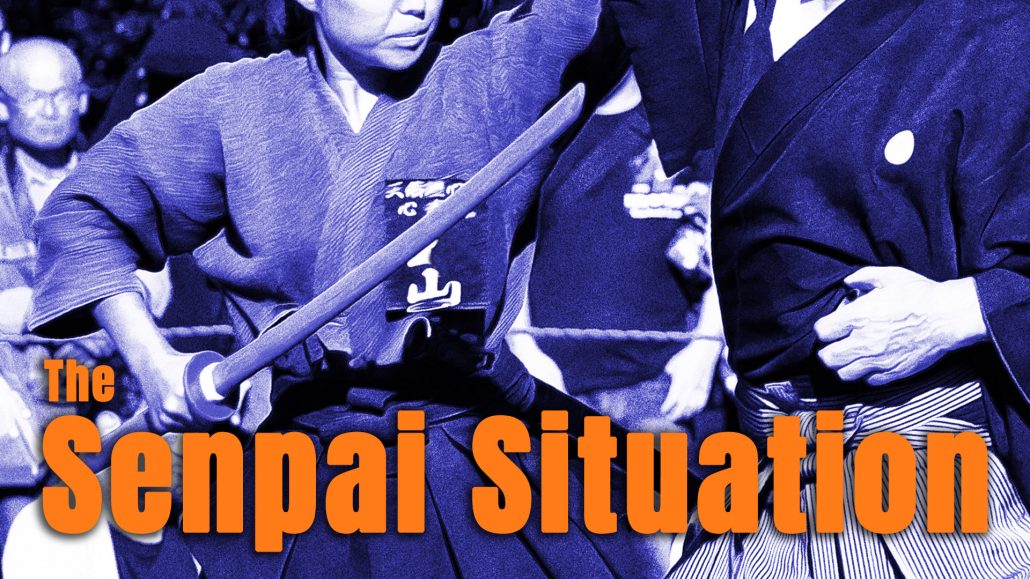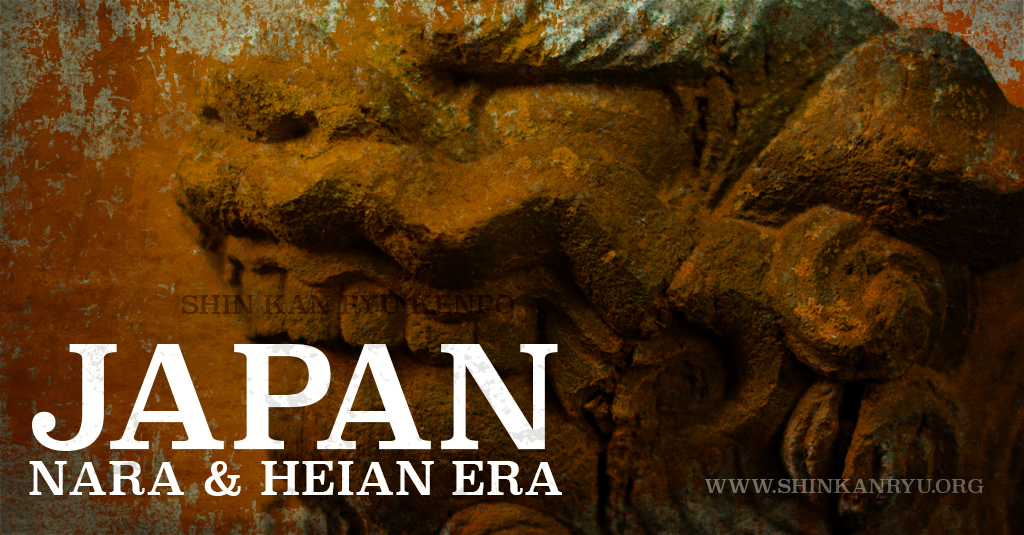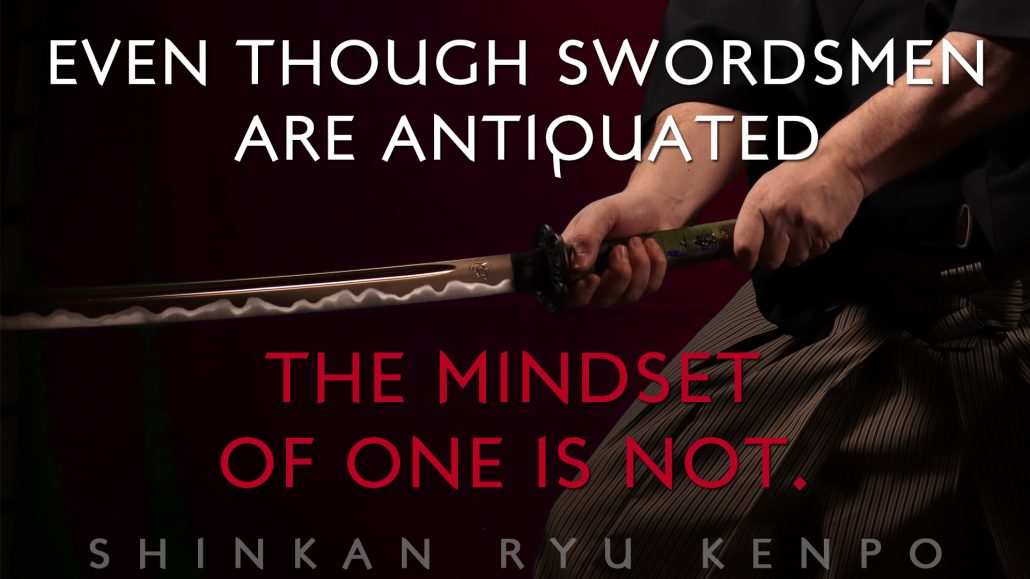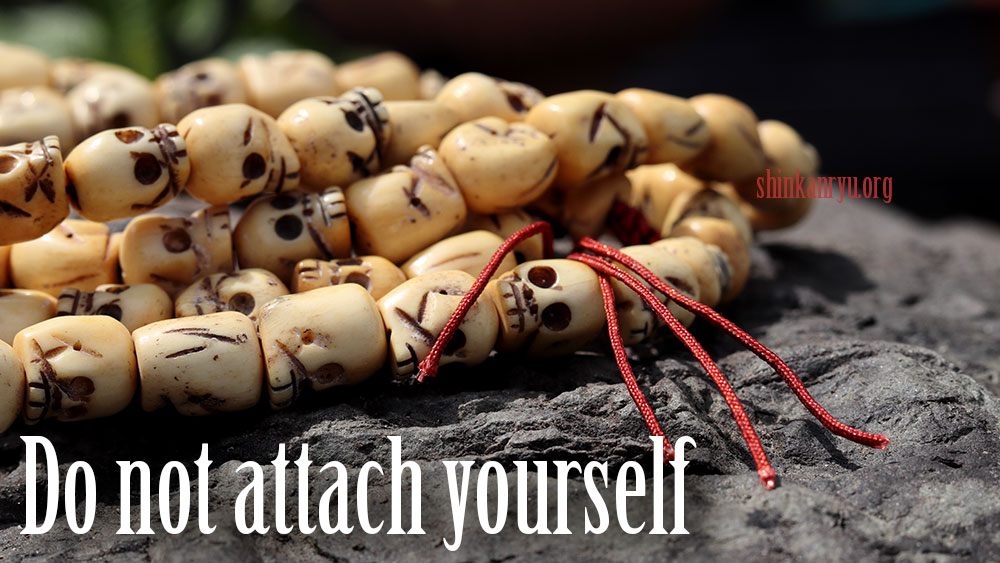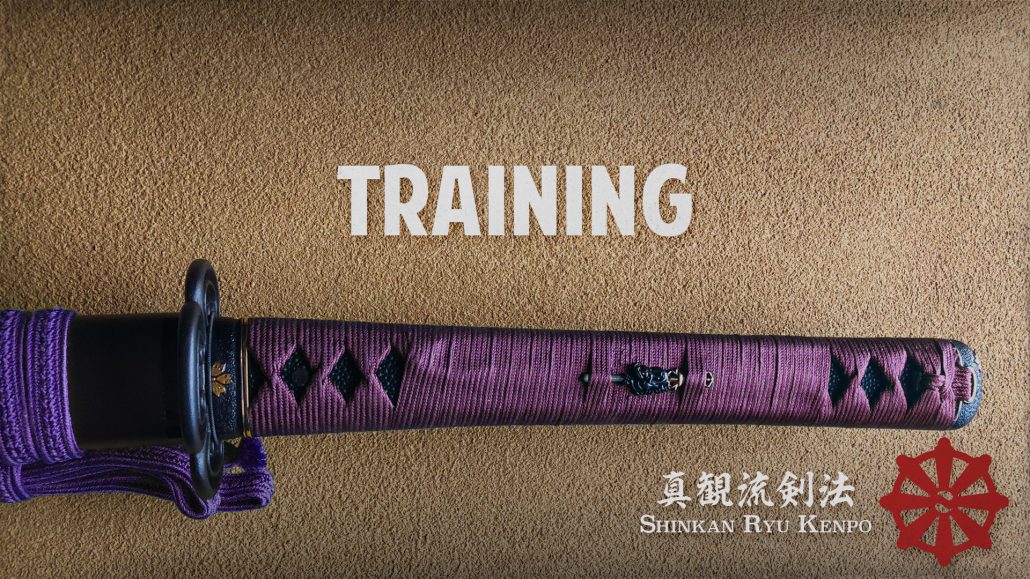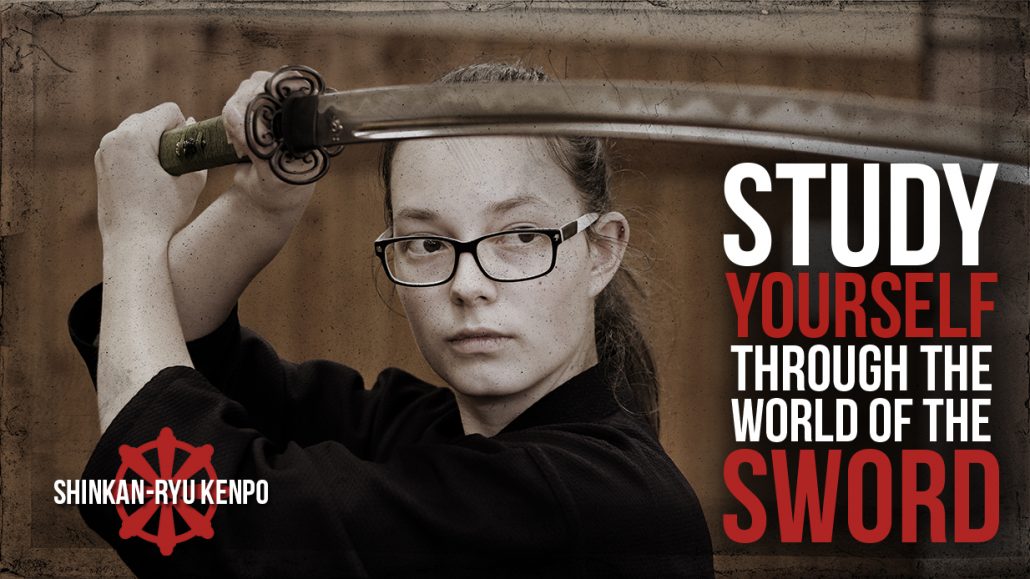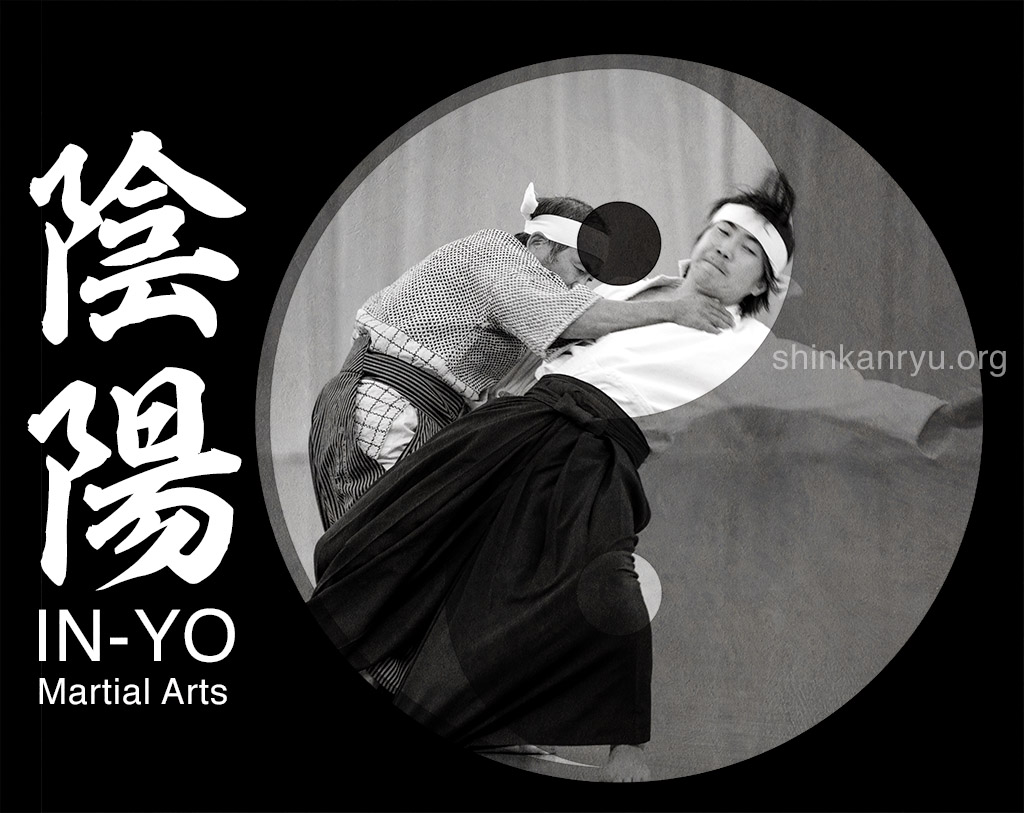Budō Is Limitless
When does training end? When do we become a master? The short answer is that it just never really happens. There are no ultimate masters of anything. There are varying skills, but there are no gods or saints in the martial arts that have no space for advancing some aspect of their bujutsu style and spiritual self-cultivation. Doing the same thing over and over again to achieve skill or perfection can seem tedious and boring. Should we be concerned when we feel that way? What should we do? Let's explore these ideas.
A sense of monotony or boredom is routine in the martial arts and many other learning environments. Counter to most people's assumptions leaping and screaming with a sword is not exactly "fun." Real training is hard work. Going over techniques again and again for months and years polishing and refining them isn't what most people conjure up as entertaining. Superficial or profound boredom creeps up at different times in one's training. It is generally not a big problem, and for most, it can be overcome. Although boredom can be the downfall of many who give up and quit.
There is another type of boredom that exists in the particular style you are training in. It is when you want more and more techniques to add to your inventory, but the progress of receiving the teaching and the craving for more is at odds. Wanting to advance and not perceiving your advancement can make someone feel they are on a treadmill without progression. This type of boredom is a problem of craving and desire. It is often mistaken as pure boredom, though. It is important to curb the appetite for advancement in my opinion. It is good to want to learn more but not to get more.
No End = No Accomplishment?
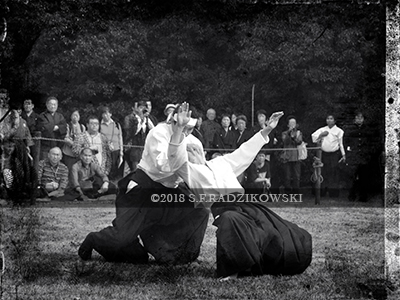
Feeling overwhelmed by the never-ending journey should never be an issue. When you start to learn the sword (or any art), you are honing and reshaping your skills and your mind (heart). There is no end or a final point where the room for improvement disappears. There is always something to get better at in the techniques and within yourself.
When do I understand and learn all there is in my martial arts system?
There is no end to the training. That is it in a nutshell.
Martial arts have a limited number of actual techniques taught within their systems. You can easily do the same 20 or 50 waza over and over again for 30 or even 50 years. It can seem overwhelming. However, when you start to train, you will soon see how hard it is to get to a point where the body can respond efficiently. The mind, you will quickly learn, takes much much longer to train. In martial arts, our mentality is the more dangerous weapon that needs training and honing.
This path of training should not have an end. As with any journey, so many interesting things happen on the road to where you are going. It is, of course, good to have some goal. You want to learn all the techniques of shoden, for example. That is a good start, but just memorizing techniques is not what training is about. It has never been that way. It certainly shouldn't be that way in 2018 either.
While we train, we are exploring. This exploring is the real place we fix and pick up things that benefit our training. The endless journey may seem daunting, but there is no reason to look for any end or view it as endless. It is part of living. Looking into the void will not make us understand our training or become a better swordsman. Overthinking about the future will create anxiety. Start your practice with a mind of what you are doing now. Do not gaze around and lose yourself in what-ifs and could-bes.
My student called it the ever-moving target. The target, however, is within us. It is not an apple to be plucked from a tree. If you are running after the apple, then you are doing it wrong. You are the apple. You are the tree. You are your practice and it is within you. There is nothing to chase.
Ill-advised
The idea of wanting to become a master is a bit of a pointless one. It is good, as I mentioned before, to have goals. However, starting out in the martial arts because you want to teach, become a master, or get certifitied (in martial arts) is probably folly for most people. Wishing to master something is ok. One should pursue education for purposes of learning not to put something on your mantle or wall. Putting in the time and energy for learning profoundly is a smart decision. Waking up and deciding to be a master is not how most "masters" are made. The willingness to excel and succeed is essential. The road to mastery is filled with fences of boredom.
Wanting to be a master and training at a classical dōjō is a recipe for disappointment. You can certainly learn, but you will be learning at two paces: your own pace, and your teacher's pace. If you want to reach proper levels of skill, then you need to have your expectations in check. You need to be prepared for never reaching the end of the line. No one gets a black belt in anything and stops learning or training.
Increasing your skills is a personal goal. You will never become the ultimate best at anything. If history shows us anything, it is that records eventually get broken and skills get surpassed. Have a humble attitude toward training and your role in the martial arts in general. Instead, become your own personal best. Enjoy it for yourself, and it should not get too boring. There is lots of great stuff to discover on the journey.
Clinical Depression?
If you feel bored in practice and you notice other issues like not being interested in your previous passions and hobbies it is possible you have anhedonia. It is important to talk with a mental health clinician if you experience no motivation or interest in things you previously found joy in doing. If there is some connection to your boredom in martial arts to other areas of your life it is possible you are depressed and experiencing anhedonia. Remember martial arts is not a panacea. Just because you practice a lot does not mean you aren't susceptible to depression, anxiety, or anhedonia. It is important to address your mental health.
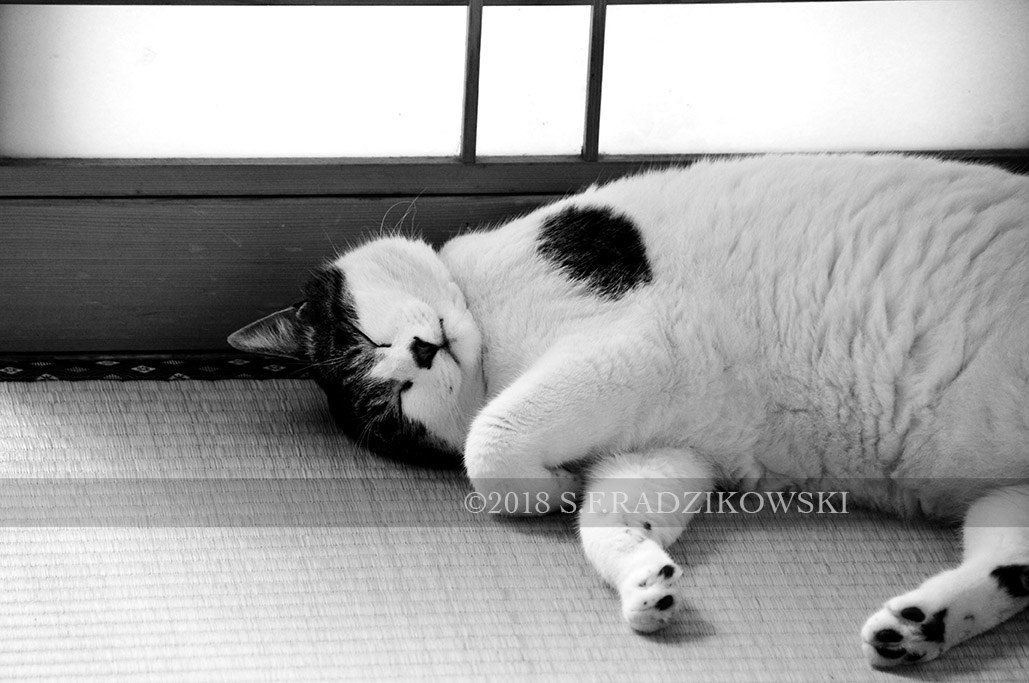
I Am Bored. Training Sucks. What To Do?
For those of us simply bored with training and not suffering from depression, we should reflect on ourselves and the situation. Are you doing the same five waza for a year? Do you just feel tired of the repetition and lack of apparent progress? Here are a few things to try.
- Check your basics. How robust are your fundamentals? These are important foundations. Ask your teacher for feedback on some basic techniques. He should be happy to give you some pointers. Basics are not something to learn and stuff away in your sword bag. Everything we do is based on basic techniques.
- Evaluate yourself for burnout. It could be that you have spent too much time on training and not enough in other areas of your life. Don't lose sight of things outside of training.
- Not enough training is the opposite of burnout. This is where you aren't training enough, so you can not progress well. Look at how much time you are putting in. If you aren't sure just ask your teacher or senpai in your dojo how they train. Maybe you are being lazy and transferring that feeling of boredom outside of yourself to the school's way of teaching etc.
- Perhaps the idea of the martial art you are practicing doesn't match the reality. I have seen this in sword arts many times. The rabid anime or samurai fan wants to learn the sword. They join foaming at the mouth, but after time it hits them that the training isn't as cool as the spinning and screaming they see in the movies. Take time to find the art that is right for you.
Boredom is normal. We should watch our expectations for training. Be careful of craving masquerading as boredom. Stay with your practice and follow your teacher's advice. You will gain skill. Sometimes it's only apparent to your teacher, but your training is being affected over time. There is no end to training until you stop. Enjoy the journey over each peak. Feel wonderment that you can see something new until it really is the end. Most importantly, please make sure you do not have clinical depression. Seek medical help if you have signs and symptoms of depression.
Thank you for spending time with me today on this subject.
©2018 S.F.Radzikowski

ラジカスキー真照
館長Saneteru Radzikowski is the head sword instructor of Shinkan-ryū Kenpō. He lives and teaches Iaijutsu and Kenjutsu from Nara, Japan.
Covid-19 Corona Virus And Martial Arts
Equanimity Of A Bushi
Under the big blue sky, Walk with purpose. せいしょうにへいほうす。青空をすたすた歩く。 Move towards your difficulties (or life...
Budō Practice & Sacrifice
[fusion_builder_container hundred_percent="no" hundred_percent_height="no" hundred_percent_height_scroll="no" hundred_percent_height_center_content="yes" equal_height_columns="no" menu_anchor="" hide_on_mobile="small-visibility,medium-visibility,large-visibility" status="published" publish_date="" class="" id="" background_color="" background_image="" background_position="center...
Unleash the Potential of Your Iaido Success
We’re diving deep into the art and discipline of Iaido, a journey that goes far...
Sword Control
We should not let our mind or body or sword become contorted or controlled by...
Ken Zen Ichi Nyo Sword & Zen Are One
剣禅一如 The sword and zen are one. The mind of zen is an important consideration...
Basic Blocking In Kenjutsu
Please enjoy this informational budo video about sword blocking in classical Japanese kenjutsu. https://www.youtube.com/watch?v=_NfMrHpeGKM
What is true budo?
Studying the arts of fighting leads to peace. The pursuit of martial arts has one...
Kesagiri: Anatomy of A Sword Strike
In Japanese swordsmanship, there have been many hundreds of schools. There are, however, only a...
Striking with the Katana: What is the Monouchi?
https://youtu.be/pXpzSBLGkbI
The Samurai and unwavering loyalty
The Samurai have been portrayed in popular culture as noble and faithful warriors who strictly...
Happy New Year
From all of us at Shinkan-ryū Kenpō to you, Have a wonderful New Year Celebration....
How To Learn Samurai Sword Fighting Without A Teacher?
I get asked often, “Hey, is it possible to learn sword fighting without a teacher...
Bujutsu Truth
Be honest. Move with the truth and discard the lies and false facades. Leave them...
Keishi ryu Iaijutsu
In 1888 the Tokyo Metropolitan Police department decided to cull various ryu-ha together to form...
What Is A Good Senpai In Budō?
I have discussed teachers and students within martial arts. The senpai-kohai relationship is just as...
Japanese Era 710-1868 Part 1 Nara & Heian
Nara period. 710-794 We shall begin with the Nara period. 710-794. Japan had recently changed...
The Old Is Not Distant
This is important to understand when practicing historical or classical martial arts. Although the sword...
Attachment, Budo & Impermanence
It is worth a lot to be mindful of the ebb and flow of all...
How To Avoid Training Pitfalls In Martial Arts
Beware The Rabbit Holes. I want to talk about some pitfalls of martial arts training....
Study The Self. Learn The Sword
Learn the sword or budo and learn of yourself. Learn about yourself to learn budo....
Secrets of Swordsmanship: In-yō. Ying & Yang
I wanted to talk about IN-YŌ 陰陽, or more commonly known as yin & yang....


